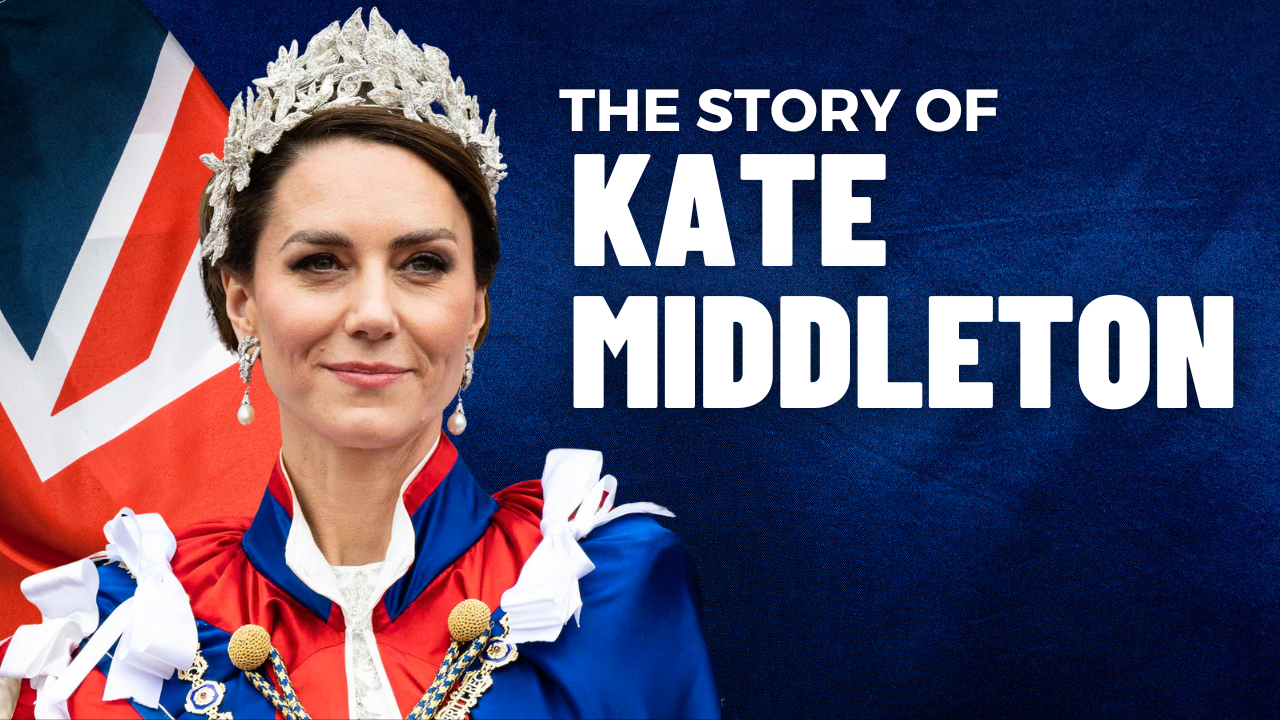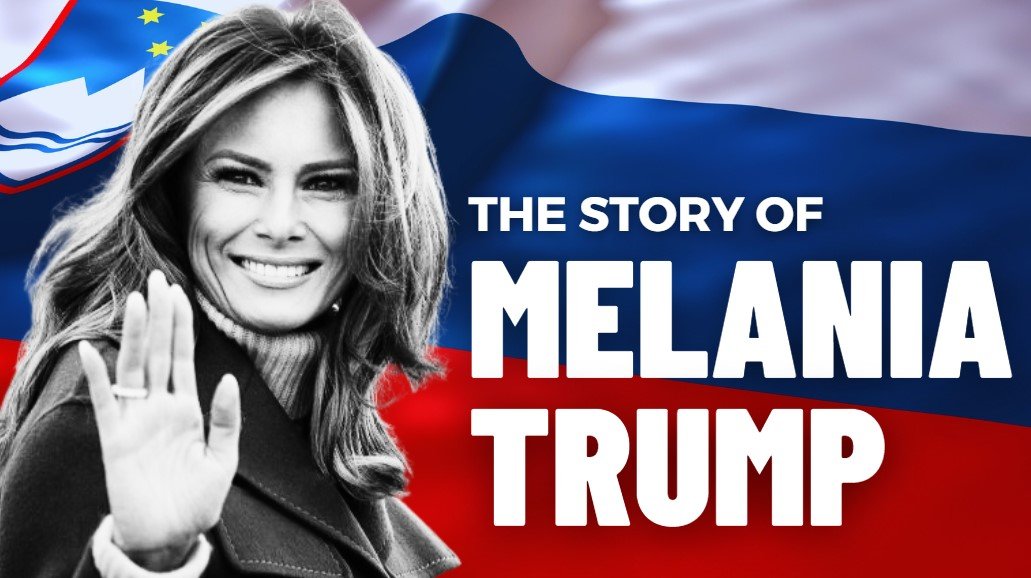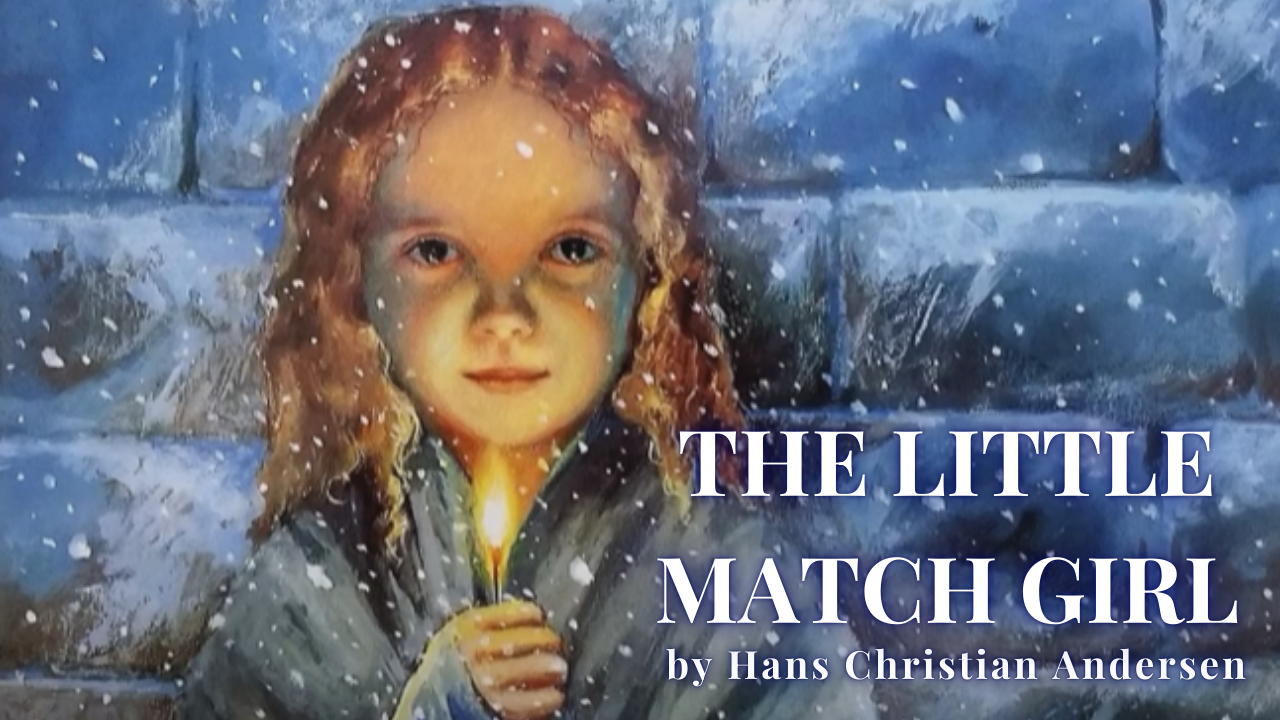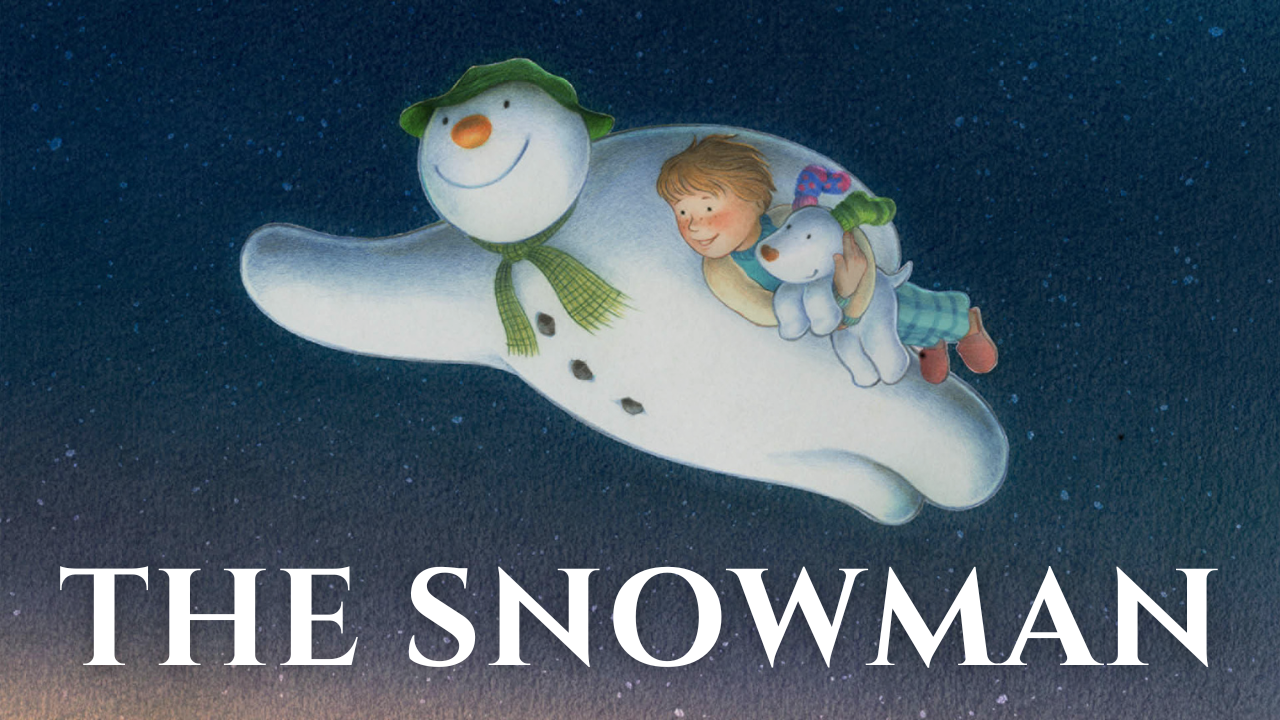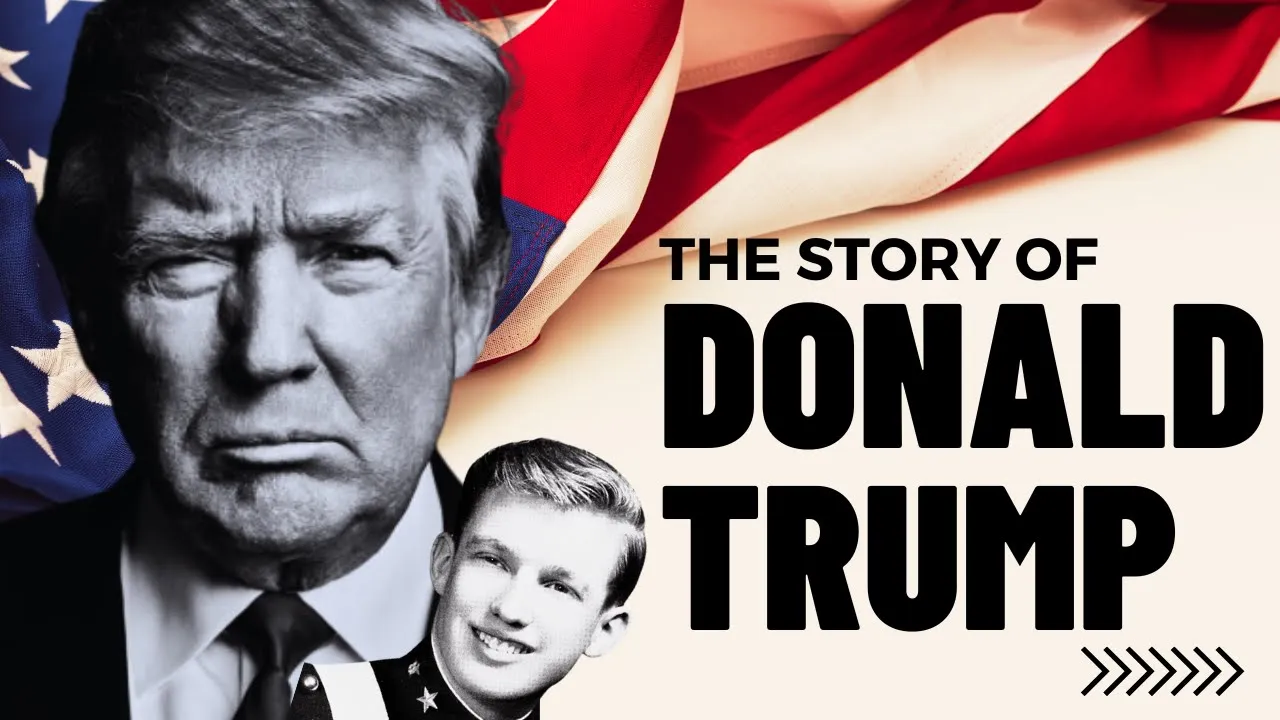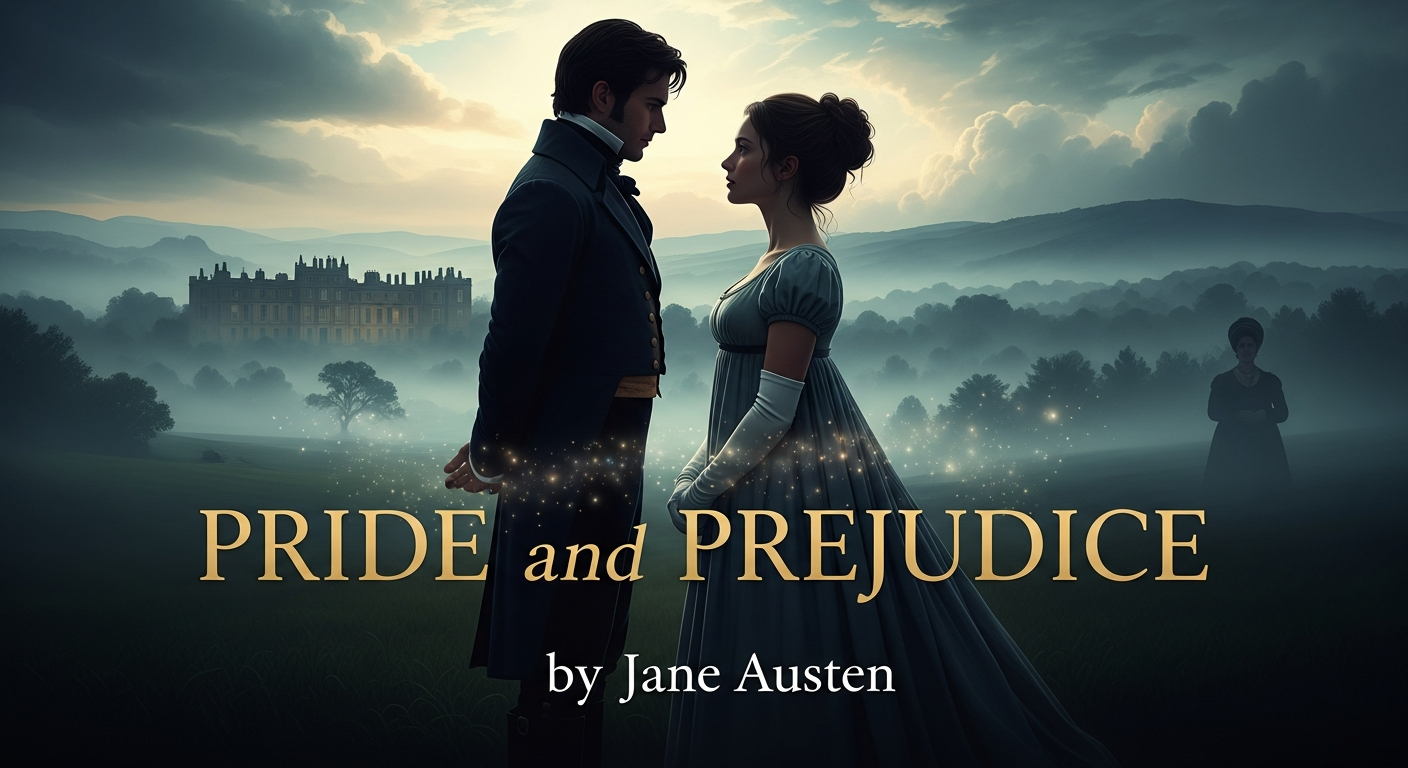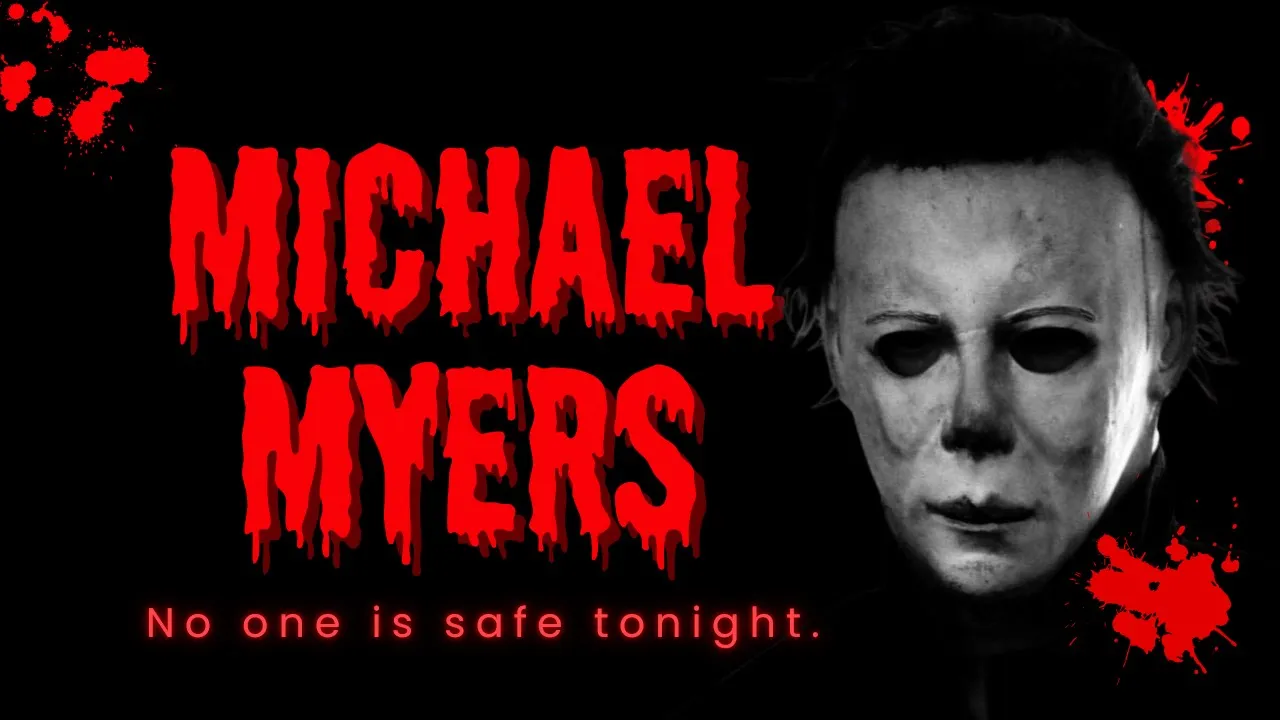

PETRA YVONNE ENGLISH
Learn English Through Stories
Vladimir Putin: Inside His World
Want to learn English in an interesting and informative way? This video uses the fascinating life of Vladimir Putin as a backdrop for an immersive English learning experience. You’ll not only expand your understanding of one of the world’s most influential leaders but also improve your listening skills, comprehension, and vocabulary. We cover key aspects of Putin’s biography, his rise to power, and the political climate in Russia. Suitable for intermediate English learners. Don’t forget to like, share, and subscribe for more English learning videos!
What shapes a leader? What molds a man who wields so much power? The story we’re about to tell isn’t about right or wrong, but about a journey – a journey from a humble beginning in a war-scarred city to the center of global influence. This is the story of Vladimir Putin, and the Russia that made him. A story filled with secrets, strategies, and… perhaps, a few unexpected turns. Are you ready to explore this story?
Imagine a city that’s both grand and worn down. Big, beautiful buildings standing next to simple, grey apartments. This is where Vladimir’s story began, in 1952, in the heart of the Soviet Union, a place called Leningrad. Today, we know it as St. Petersburg. He wasn’t born into a fancy family.
His father, a veteran of a brutal war, worked in a factory. His mother worked hard too, first at a factory, then at a hospital. They shared a small apartment with other families, a common thing in those days. Think of it like living in a very big house, but with many different families sharing the space. How might an environment like that, where space and privacy are scarce, shape a growing child?
Young Vladimir, by many accounts, wasn’t a star student. He wasn’t someone who stood out. He was, by many accounts, quiet. Observant. “I was a hooligan, not a pioneer,” he said, referring to his childhood. He watched, he listened, and he learned. He wasn’t big or strong, but he was driven. Why was he so drawn to martial arts? Was it simply a sport, or was it a way to gain control? He discovered a love for judo and sambo. These were more than just sports; they were lessons in control, in leverage, in strategy. How to use your opponent’s weight against them. How to stay focused, how to be patient. What did those disciplines teach him that he carried into his later life?
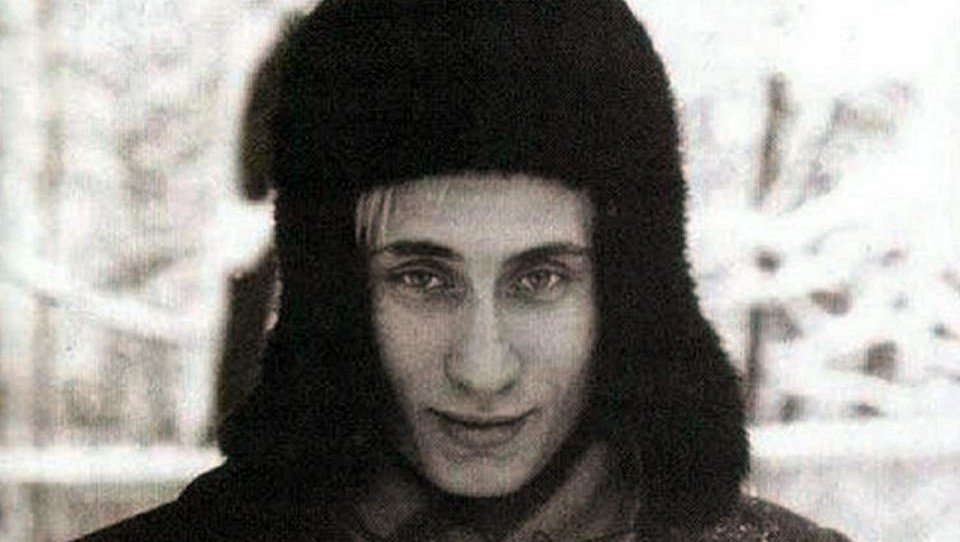
He grew up in a world where being tough was valued, where scarcity was normal. It was a world where everyone shared everything, even the bathroom, there was not much privacy. It wasn’t always easy, but it taught him things. He learned to navigate crowded spaces, to be observant, to keep things close. His personality was one of calm intensity, not loud and boisterous. He didn’t give away too much, keeping his thoughts to himself. He developed the ability to keep his feelings hidden. What secrets did he hold close, even then?
He studied law at university, but it was joining the KGB, the Soviet intelligence agency, that dramatically shaped his path. The KGB was a world of secrets. A place where you learn to gather information, to be discreet, to be loyal. It was like a real-life spy school. They sent him to East Germany, to a city called Dresden, during the Cold War. This was a time of great tension between nations, a time when gathering information was as important as a military might. He said later: “I learned a lot about how the world works”.What exactly did he learn during those years? This time in Germany was important. He was learning about the world, about politics, about how things worked. He was meeting people, building connections. Imagine living in a place where everyone is watching, where you are part of a big game of strategy. What kind of man does a world like that create?
The Soviet Union collapsed. It broke apart like a huge puzzle suddenly falling to pieces. It was a confusing time for everyone. Vladimir came back to Russia, to a country that was now very different. It was a time of change, of chaos, of new ideas. The old rules were gone, and everything seemed uncertain. The country was in disarray. “It was a time of chaos and uncertainty,” he said in an interview. How do you navigate a world when everything you knew has crumbled?
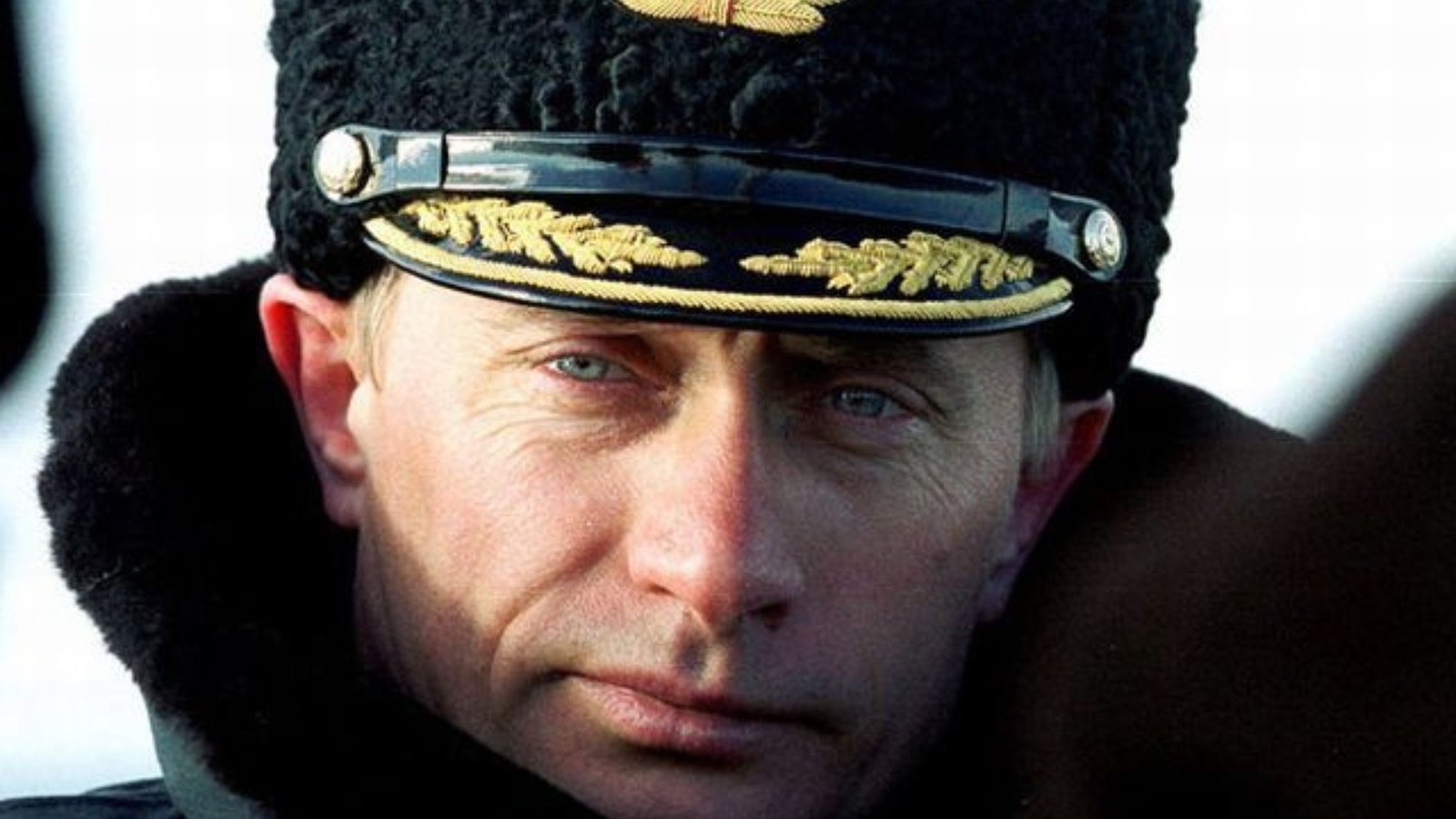
He began working in local government in St. Petersburg, showing his skill at getting things done. He wasn’t loud, he wasn’t flashy, but he was organized and efficient. He was known to be calm under pressure, and people started to notice him as a leader who could be trusted to take care of things. He moved from place to place, steadily gaining power and responsibility. What was his ultimate ambition? What was the plan?
The 1990s were hard on Russia. The economy was in shambles, people were struggling, there was a feeling that the country was falling apart. The government was weak. Many people were deeply disappointed, and they wanted something new, they yearned for stability. This is when Vladimir Putin appeared on the national stage. He became Prime Minister, and then, surprisingly, he became President. He promised stability. He promised order. He promised a strong Russia. It was a message that many people yearned for, after years of confusion and trouble. “I will bring order back to Russia,” he stated in an early speech. Why did his message resonate so deeply with so many people? What did they hope he would achieve?
The way Russia works is that the President has a great deal of power. He’s the head of the country, and the political system is set up so he can make big decisions. He has advisors, of course, and there’s a parliament, but ultimately, the President is very influential. The main political party in Russia, the “United Russia” party, usually supports what he wants to do.
There are some… strange stories about Putin, too. He’s known to be intensely private, almost secretive. He rarely speaks about his personal life, and even people who are considered close to him don’t really know much about his true thoughts and feelings. He’s known to take part in some bizarre photo opportunities – like riding horses shirtless, or fishing in a river – images that seem designed to show off his strength and manliness. These pictures have become iconic. What’s the purpose of these carefully constructed images? Is it about power, about projecting a certain image, or something more?
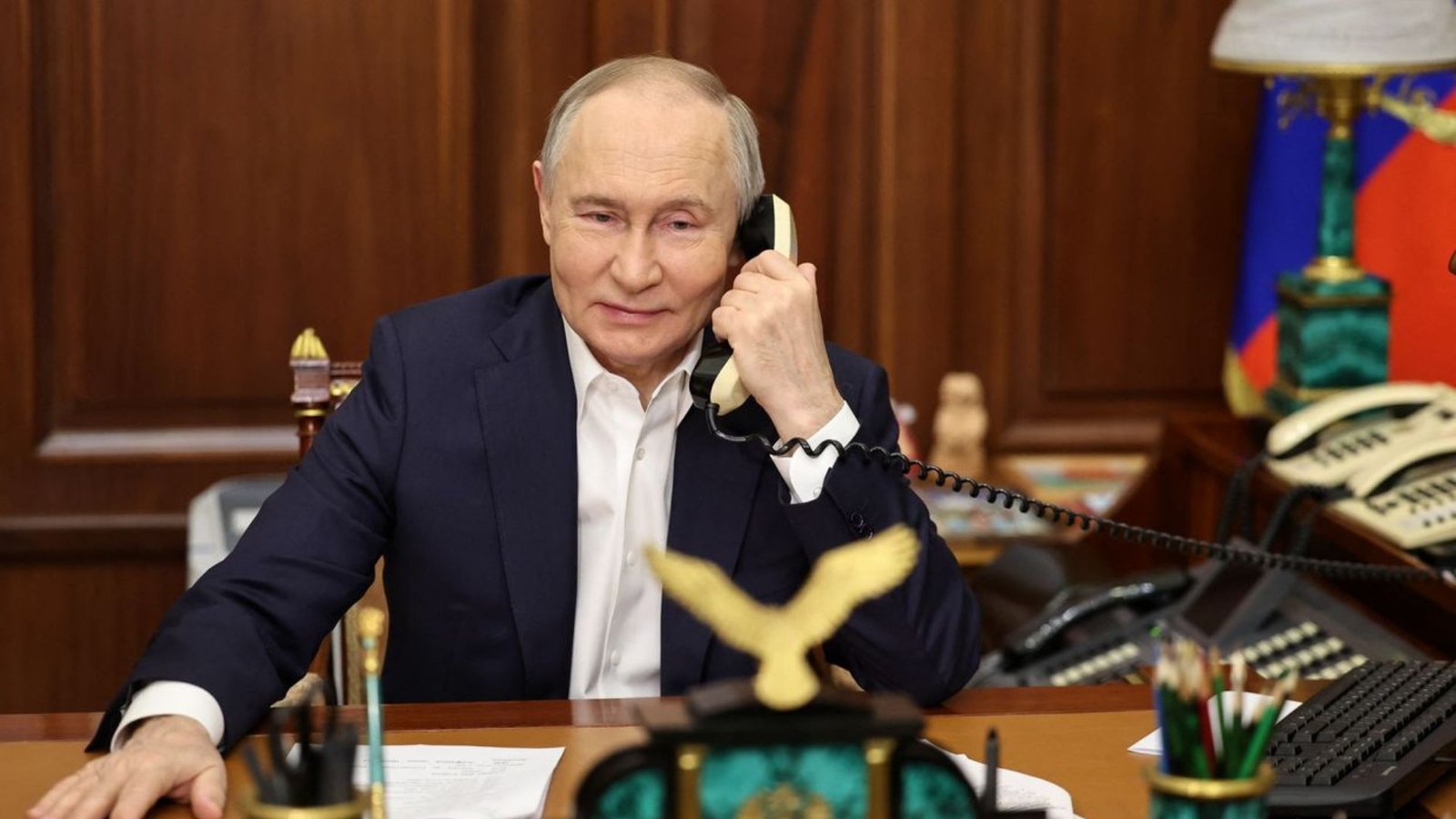
He has a reputation for being disciplined, almost methodical. He’s known for being a man of habit, for sticking to the plan. Some people admire his unwavering focus, while others find it unsettling. It’s like he’s always playing a complicated game of chess, planning many steps
ahead. What is the ultimate strategy he’s following?
Let’s talk about his relationships. Putin has been married once, to a woman named Lyudmila, and they had two daughters together. They divorced in 2013. He doesn’t talk much about his family, they remain out of the public spotlight. “Family matters are personal matters,” he has said. It’s as if his personal life is a carefully guarded secret. The picture we have of his family life is very limited, mostly glimpses. Why such a high level of secrecy? What is he trying to protect?
Politically, he’s had many opponents. Over the years, several figures have risen to challenge him, often facing difficulties, some being jailed, some being forced to leave Russia. It’s a complex relationship, a constant power struggle between the government and those who want to see a different system. People like Alexei Navalny, an opposition politician who organized protests against the government, have become well-known figures. These political rivalries are an important part of the political landscape in Russia. How has this constant struggle shaped his leadership?
There are also many accusations that he has close ties with some very powerful businessmen, it is believed that they have great influence on decision-making in Russia. These powerful businessmen, often called oligarchs, are believed to wield significant influence. How much control do these powerful businessmen wield over Russian policies?
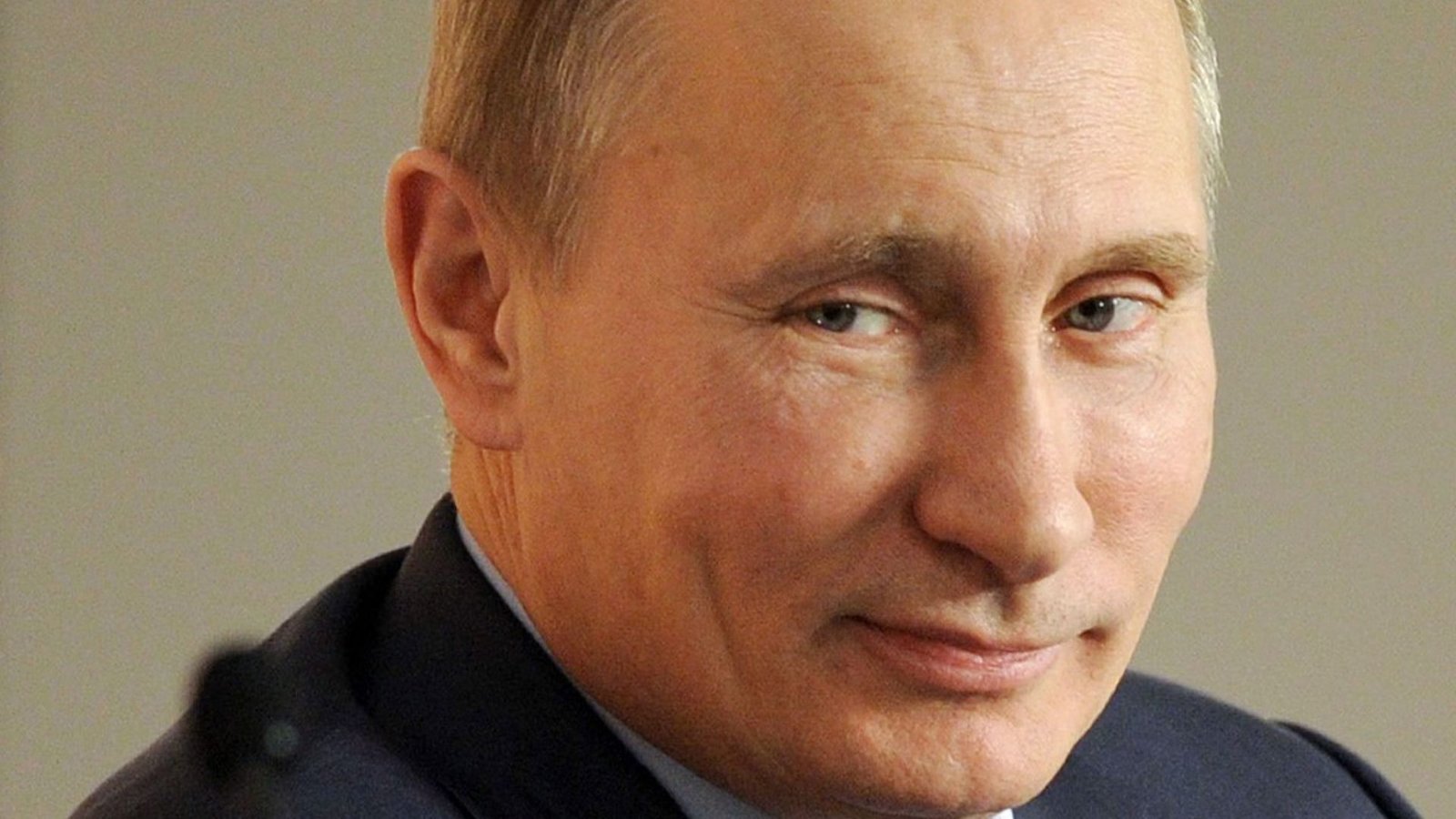
His popularity within Russia is very high, and he’s been a powerful leader for many years. Some argue that it’s because he restored the country’s sense of pride, after the hard times of the 90’s.
Others say it’s because he has significant control over the media, and little to no actual opposition is allowed. What are the true reasons for his enduring popularity? Is it admiration, fear, or something else?
He rose from a humble background, from a small, crowded apartment in Leningrad, to becoming one of the most powerful men in the world. His story is one of resilience, determination, and a man shaped by his times and his country. It’s the story of Russia, too, a country with a long history of challenges and triumphs. He is a man, who is a product of his times.
This was the story of Vladimir Putin… for now. But what do you make of it all? What questions does this story raise for you? What’s his ultimate legacy? What will history ultimately say about
him?”
See also:
© 2025 Petra Yvonne English – English online
